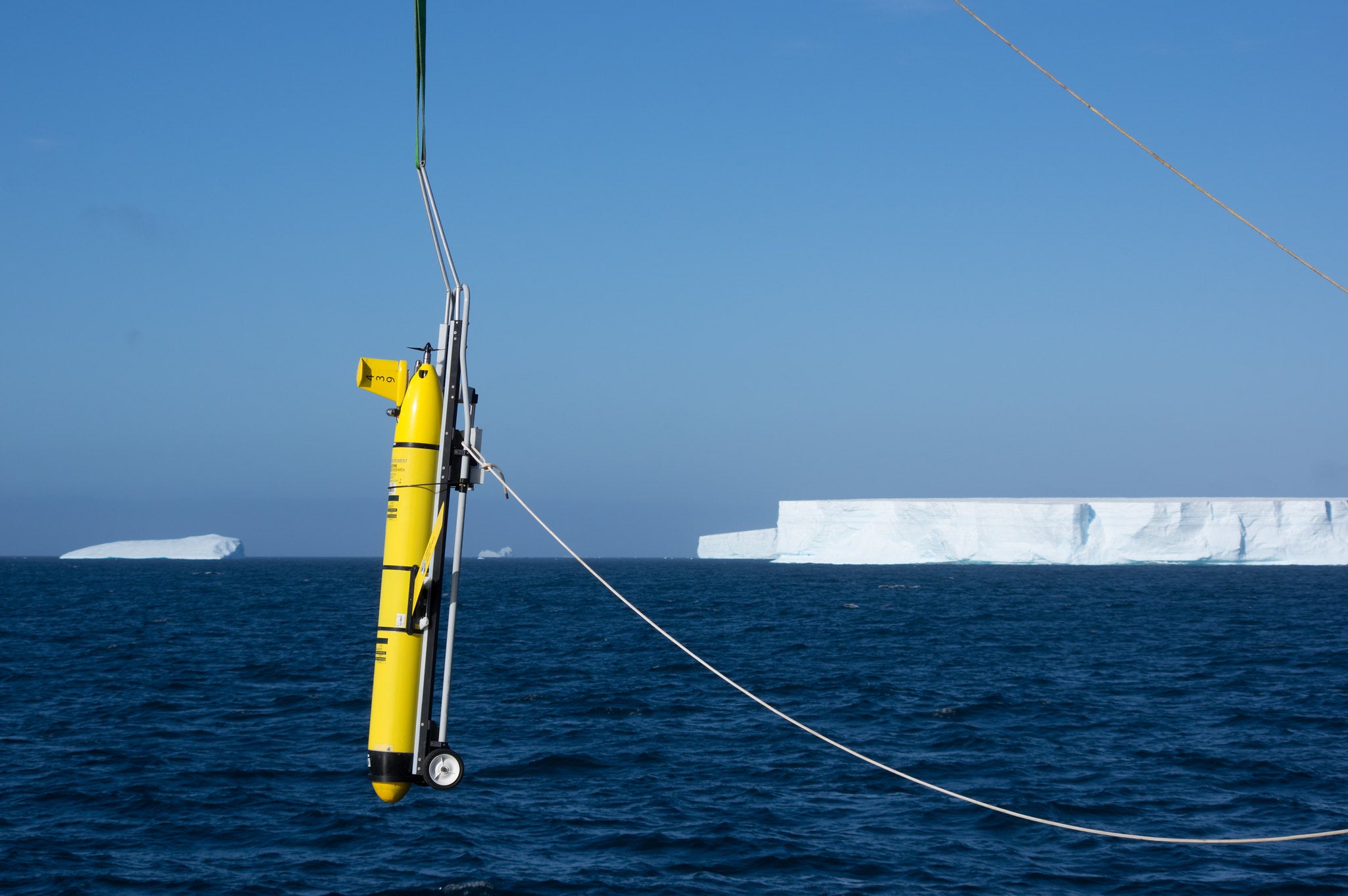
Teledyne Brown Engineering has won a contract from the US Navy for the littoral battlespace sensing-glider (LBS-G) programme.
The latest indefinite-quantity/indefinite-delivery (IDIQ) contract for autonomous underwater vehicles (AUVs) has a maximum base value of $27.4m.
The contract comes with five one-year option periods, which, if exercised, will have a ceiling value of $39.2m.
Teledyne’s Slocum long-endurance, buoyancy-driven AUVs enable persistent sampling and study of the characteristics of ocean water column properties.
Slocum gliders can map ‘spatial and temporal’ features of subsurface coastal waters.
The AUVs feature different types of oceanographic sensors that help various missions, such as antisubmarine, mine countermeasures and other naval warfare related fields.
Teledyne Brown Engineering and sister company Teledyne Webb Research will design, develop, fabricate, produce, test, and support the LBS-G systems.
The LBS-G system is the first unmanned underwater vehicle (UUV) programme selected for full-rate production (FRP).
Under an earlier contract awarded by the US Navy in 2009, Teledyne delivered 203 gliders to the service.
Teledyne Engineered System Segment and Teledyne Brown Engineering president Jan Hess said: “We are pleased to announce the continuation of Teledyne’s successful partnership with the Naval Information Warfare Systems Command to deliver this capability.
“We look forward to supporting the navy and assisting with its awareness and understanding of the ocean’s conditions.”
In January this year, Northrop Grumman awarded a contract to Teledyne Brown Engineering to produce four more surface-to-surface missile module (SSMM) units.



